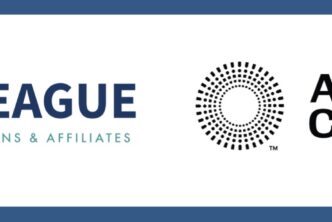The Department of Defense’s December guidance on the Military Lending Act (MLA) has impacted several credit union services, and a recent CUNA CompBlog post examines its effect on indirect dealer lending programs. The post discusses what loans must be in compliance with the MLA rule, and steps credit unions involved in indirect lending should take.
Depending on what is financed, a creditor may find a portion of its loans are exempt from the MLA, while the remainder will require compliance.
Loans that don’t finance GAP or credit insurance and that don’t provide additional cash-out financing that are unrelated to the vehicle’s purchase, are still exempt from the MLA rule.
However, a loan that finances GAP or credit insurance, or provides additional cash out financing that is unrelated to the vehicle’s purchase, will lose its exemption and the creditor must comply with the MLA rule requirements.
Credit unions involved in indirect dealer programs should:
- Make sure the automobile dealer can check the active duty status of the servicemember through either of the two safe harbor methods—checking the DoD’s database directly through the Defense Manpower Data Center or through a nationwide credit reporting agency;
- Make sure the dealer has MLA compliant loan documents, policies, and procedures;
- Make sure the dealer can calculate the military APR for the loan prior to consummation;
- Once a specific dealer is fully able to comply, audit that auto dealer’s compliance efforts on a routine basis to insure continued compliance;
- If the automobile dealer is currently unable to fully comply with the MLA Rule’s requirements, a credit union should consider closing covered loans in-house, that sell GAP or credit insurance, until the dealer is capable of fully complying with the MLA rule; and
- Consider asking your legal counsel to review your indirect lending agreement and revising it in light of these new issues.
For the complete InfoSight newsletter, click here.





